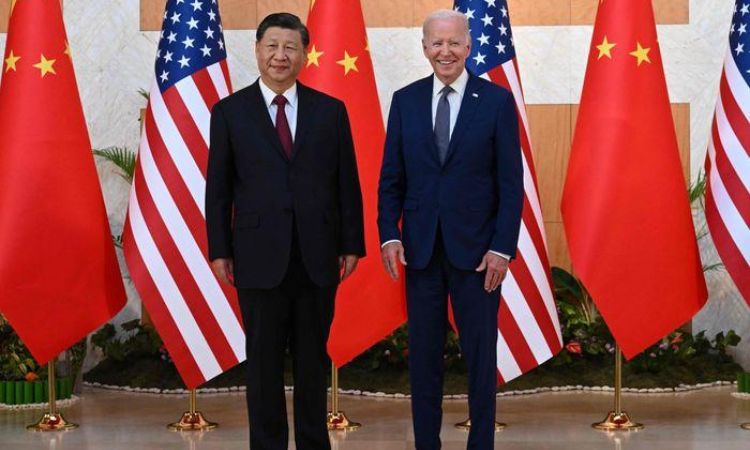According to Al Jazeera, President Joe Biden’s administration was urged by the US Semiconductor Industry Association to “avoid adding new restrictions on chip sales to China.”

This occurred as the heads of the largest US semiconductor companies prepared to travel to Washington this week to further their positions on Chinese policies.
The trade association made its statement on Monday as the Biden administration considered a set of export rules that would prevent Chinese firms from acquiring sophisticated chips and chip-making machinery without a license. The administration was also considering a new executive order that would limit some outbound investment.
Additionally, this comes after China took action to impose export restrictions on raw materials needed in chip manufacturing, including germanium and gallium.
According to Al Jazeera, the trade organization warned that further rule-tightening by US authorities runs the risk of “disrupting supply chains, causing significant market uncertainty, and prompting continued escalatory retaliation by China”.
The business group also demanded that “the administration refrain from imposing any new restrictions until it engages more deeply with business and experts to evaluate the impact of current and potential restrictions to determine whether they are narrow and clearly defined, consistently applied, and fully coordinated with allies.”
From smartphones and autonomous vehicles to high-end computers and the production of weapons, chips are essential. A move to safeguard national security interests has been described by US officials. Additionally, the US needed additional crucial suppliers, situated in the Netherlands and Japan, to join them in order to increase its effectiveness.
Later, China took offense. Before prohibiting Micron from selling to Chinese companies engaged in important infrastructure projects, it opened a cybersecurity investigation against the company in April. The limitations on gallium and germanium were imposed by Beijing on July 10th, according to CNN Business.
The export restrictions have been compared to Chinese efforts to limit shipments of rare earth, a group of 17 elements for which China controls more than half of the world supply, which was reportedly made in early 2021.
Germanium and gallium do not fall under this category of minerals. They can be expensive to mine or produce, much like rare earths.
This is due to the fact that they are typically created as a by-product of processing more common metals, particularly copper, zinc, and aluminum, in nations that make those metals.
China, which accounts for 98% of the world’s production of gallium and 68% of the production of germanium used in refineries, is the world’s top producer of both materials, according to the US Geological Survey.
According to the US Geological Survey, China is the United States’ primary supplier of these two vital components. In 2021, more than half of the gallium and germanium it utilized came from imports.















